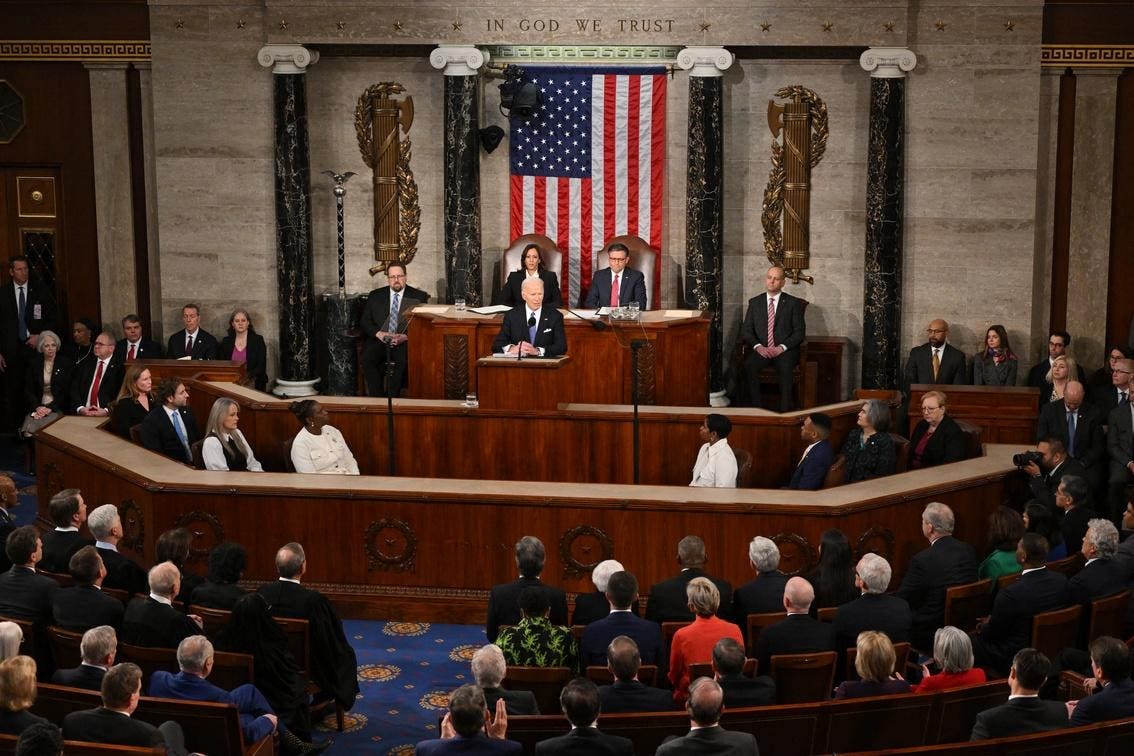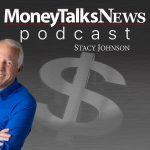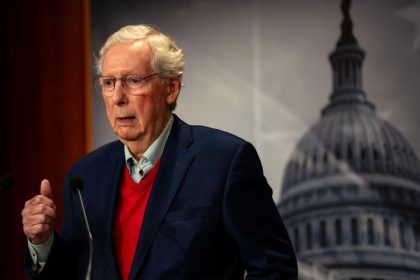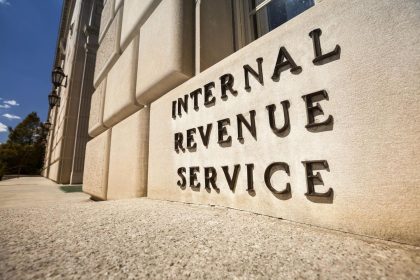Days after President Biden delivered his address on the State of the Union, people are still talking about it. Love it or hate it, the speech was one of the most memorable of Biden’s presidency.
It was even parodied in the cold open for Saturday Night Live:
(If you missed it, you can watch the actual speech here—written transcript also available.)
For all that the speech drew interest, the tax bits were somewhat predictable—this wasn’t anything we hadn’t heard before from the White House.
Biden touted his economic successes, including job growth (he cited 15 million new jobs in just three years) and low unemployment (claiming 50-year lows). He lauded the CHIPS and Science Act, which he says has resulted in private companies investing billions of dollars to build new chip factories here in America, “creating tens of thousands of jobs, many of those jobs paying $100,000 a year and don’t require a college degree,” as well as the Bipartisan Infrastructure law which has led to 46,000 new projects nationwide.
He noted that the federal deficit had already been cut by over $1 trillion, and he signed a bipartisan deal to cut another trillion dollars in the next decade. Biden said his goal was to cut the federal deficit another $3 trillion by making big corporations and the very wealthy finally begin to pay their fair share. He called for a boost of the corporate tax rate to at least 21% and an end to tax breaks for “Big Pharma, Big Oil, private jets, massive executive pay.” He reminded the country that he had previously represented corporate-friendly Delaware for 36 years. “I’m not anti-corporation,” he claimed.
In his speech, Biden said 1,000 billionaires in America pay an average tax rate of 8.2%. He wants to boost that to a minimum tax rate of 25%.
Biden also pledged that under his Administration, “nobody earning less than $400,000 a year will pay an additional penny in federal taxes—nobody—not one penny.” That’s consistent with the messaging we’ve been hearing from the U.S. Treasury and the IRS.
(You can read more about Biden’s tax plan in Howard Gleckman’s review here.)
Biden then cited the expanded child tax credit and called on Congress to restore the credit. That was expected since it’s a key component of the Tax Relief for American Families and Workers Act. The Act passed in the House with bipartisan support (the vote wasn’t even close—357 yeas to 70 nos) but remains stalled in the Senate. Highlighting the bill in the State of the Union address was a reminder that there is still work to be done.
But Mark W. Everson, vice chairman of alliantgroup, and IRS commissioner from 2003-2007, noted a glaring omission: no mention of the research and development (R&D) credit. That, he said, was surprising.
Under current law, the R&D credit allows businesses to write off qualifying R&D expenditures—but they must amortize those costs over five years. The pending bill would allow R&D-related expenses incurred in the U.S. to be immediately deducted beginning in 2022 (that’s the retroactive piece).
Restoring the R&D credit has broad bipartisan support—and is particularly popular with corporations who might not be excited about other parts of Biden’s plan. The corporate-friendly provision made some of the more family-friendly parts of the bill more appealing for some members of Congress (remember, the name of the legislation is the Tax Relief for American Families and Workers Act).
Not mentioning it in the speech was, Everson says, “A missed opportunity.”
While Everson strongly supports permanent changes to the tax code, he says the proposed temporary changes, including the R&D credit, are better than nothing. “I get it,” he says. You get what you can. You can always do better.”
As a former IRS Commissioner, Everson understands that much of the State of the Union is about politics. For example, while the White House State of the Union fact sheet boasted about improvements to the IRS under the Inflation Reduction Act, Biden didn’t highlight those. Everson suggested that Biden kept tax administration out of the speech since it’s not a popular topic. There are a certain number of people in Congress who, when they hear mention of the IRS, “their hair stands on end.” It was safer, he noted, to avoid it.
However, the R&D credit has previously proven to be a winner in Congress.
Everson wonders, referring to Biden’s omission, “Why didn’t he pick that up and run with it?”
Read the full article here

















